Scathing report on meat packing industry v. public health
Here’s a report from a House Subcommitteethe on the behavior of the meat packing industry during the Trump Administration.
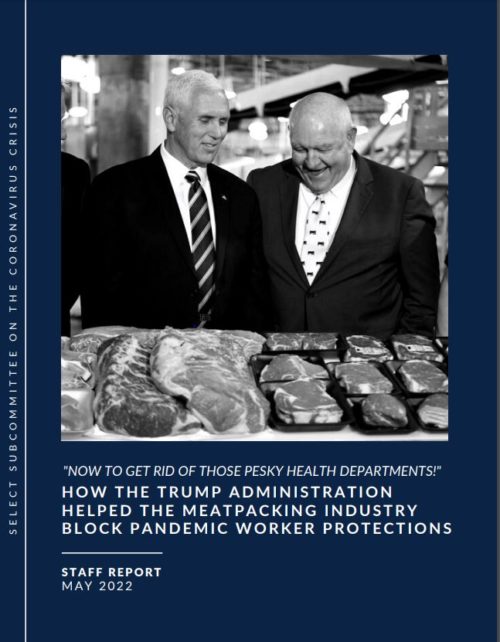
The key findings:
- The Meatpacking Industry Had Notice of the Acute Risks the Coronavirus Posed to Workers in Meatpacking Plants.
Meatpacking Companies’ Claims of an Impending Protein Shortage Were Flimsy if Not Outright False. - Meatpacking Companies Successfully Enlisted Trump USDA Political Appointees to Advocate Against Health Protections for Workers, While Sidelining Career Staff.
- Meatpacking Companies Worked with Trump’s USDA to Force Meatpacking Workers to Stay on the Job Despite Unsafe Conditions.
- Meatpacking Companies Worked with USDA and the White House in an Attempt to Prevent State and Local Health Departments from Regulating Coronavirus Precautions in
Plants. - Meatpacking Companies Successfully Lobbied USDA and the White House to Issue an Executive Order Purporting to Insulate Them from State and Local Coronavirus
Regulations and Liability for Worker Infections and Deaths.
And just to remind you what was at stake, from Leah Douglas’s reporting for the Food and Environment Reporting Network:
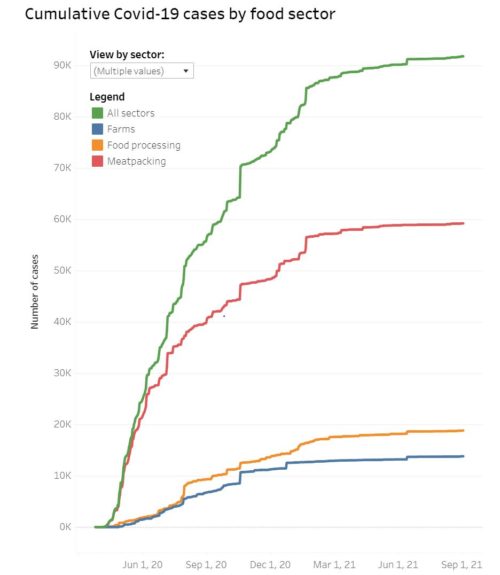
Here’s Leah Douglas’s analysis of this report in Reuters, where she now works.
In the meantime, the meat packers deny all of this.
At the end of April, the House Agriculture Committee held hearings on the effects of consolidation in the meat industry. These were the result of complaints by ranchers that they have been squeezed out by meatpackers and are being forced to sell their animals at prices below their costs.
I’ve written previously about President Biden’s executive order on the meat industry, and about his concerns about lack of competition in that industry.
The hearings followed up on those themes: The CEOs of the four major meat packing companies testified in defense of their practices, and denied colluding on prices.
Should we believe them?
Why does this remind me of the cigarette CEOs denying that their products cause cancer?
If you want more details, here are the links (thanks to Jerry Hagstrom for collecting these at The Hagstrom Report on April 27). His report is at this link.
- House Agriculture Committee hearing – An examination of price discrepancies, transparency, and alleged unfair practices in cattle markets (video)
- Coy Young, cow/calf producer, Blythedale, Mo.
- Gilles Stockton, cow/calf producer, Grass Range, Mont., on behalf of National Plains Research Council and Western Organization of Research Councils
- Don Schiefelbein, cattle producer and president of National Cattlemen’s Beef Association, Kimball, Minn.
- David MacLennan, CEO, Cargill Inc., Wayzata, Minn.
- Tim Schellpeper, CEO, JBS USA Holdings Inc., Greeley, Colo.
- Tim Klein, CEO, National Beef Packing Co. LLC, Kansas City, Mo.
- Donnie King, CEO, Tyson Foods, Springdale, Ark.

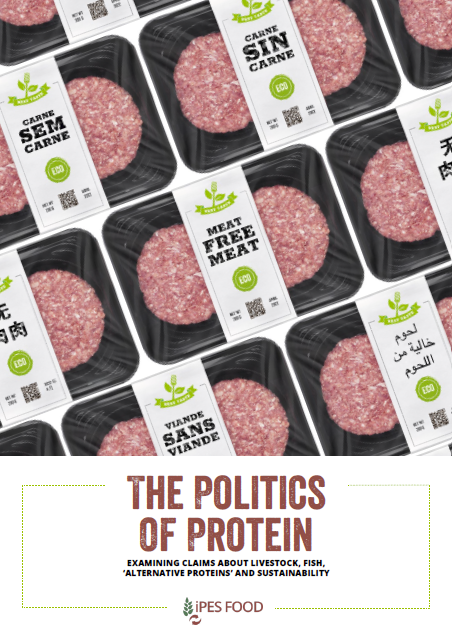
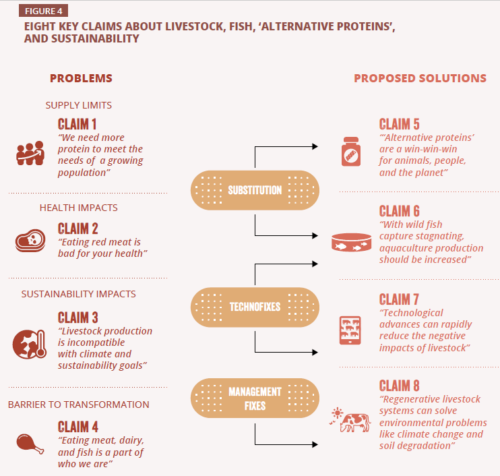
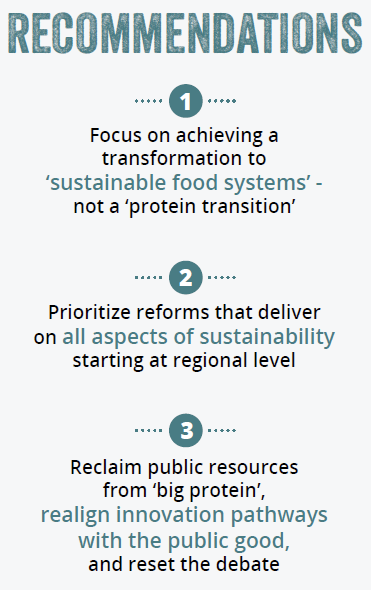
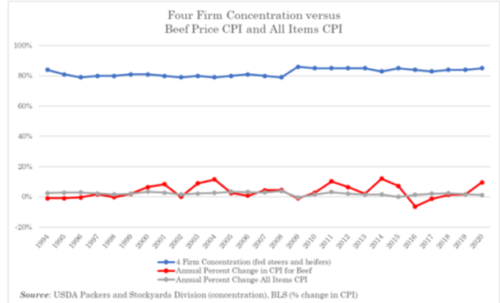 And, it says,
And, it says,